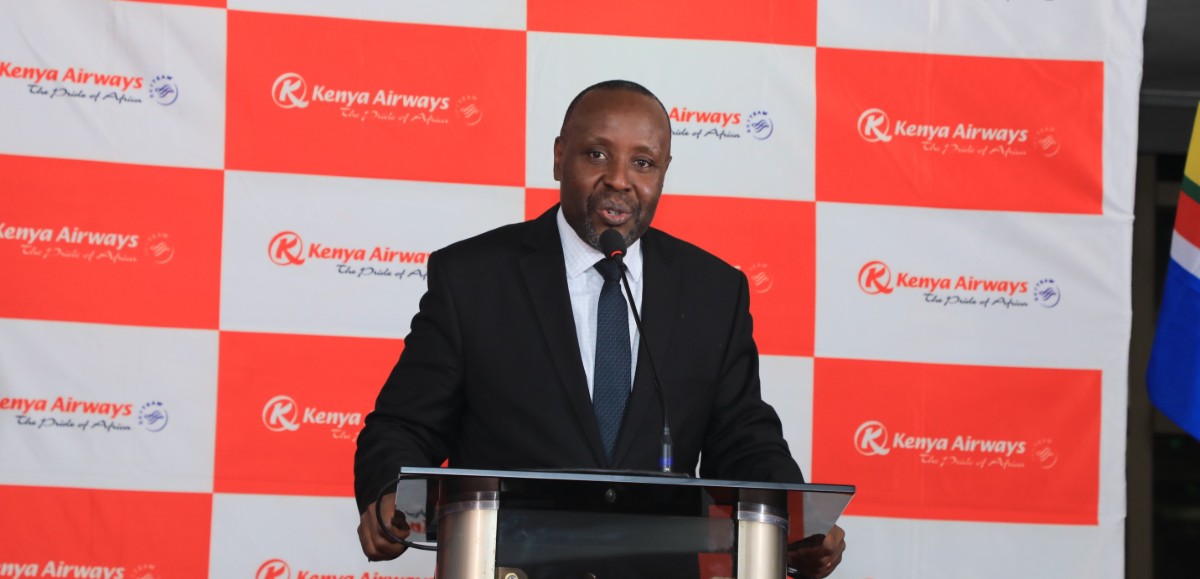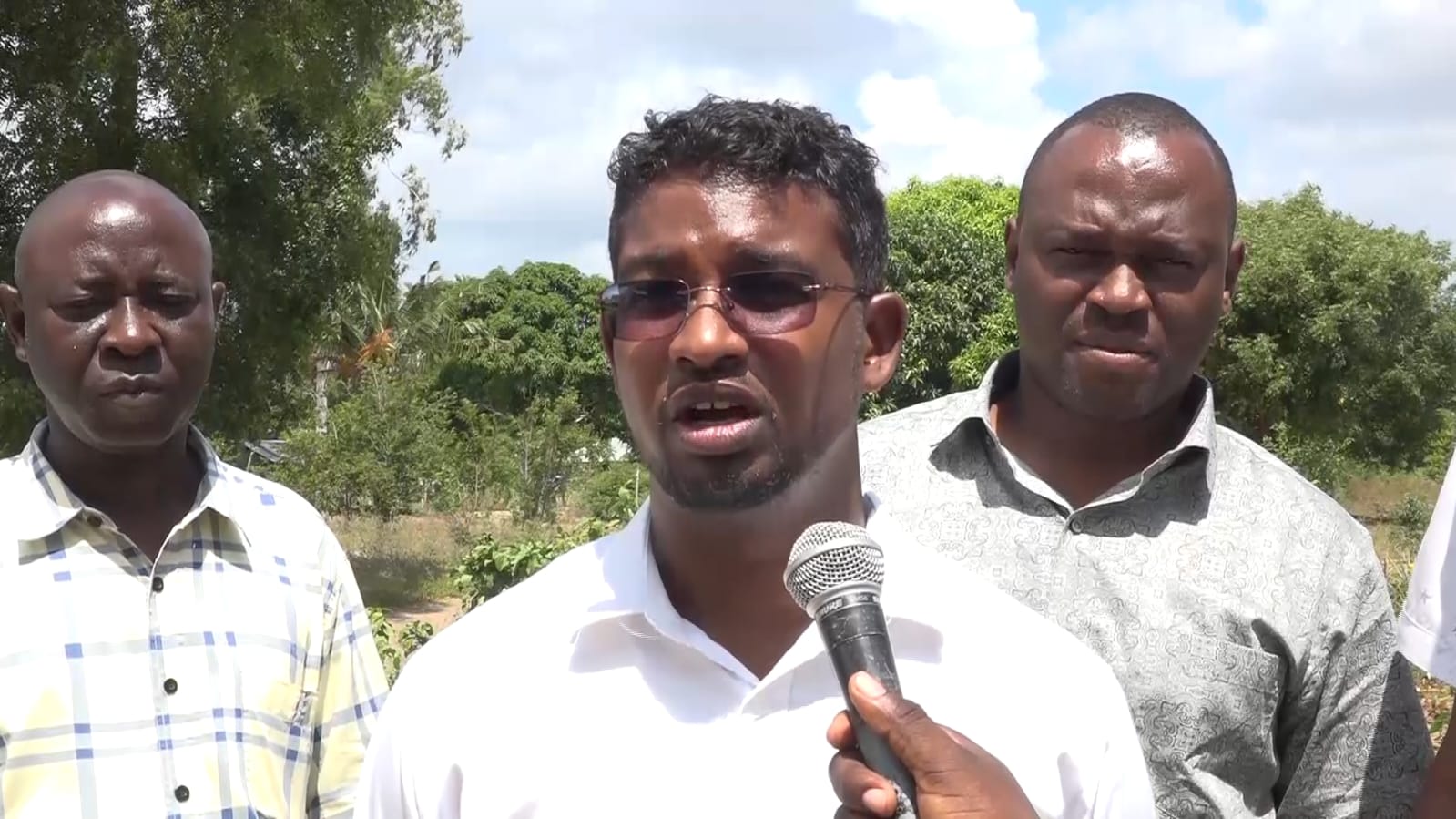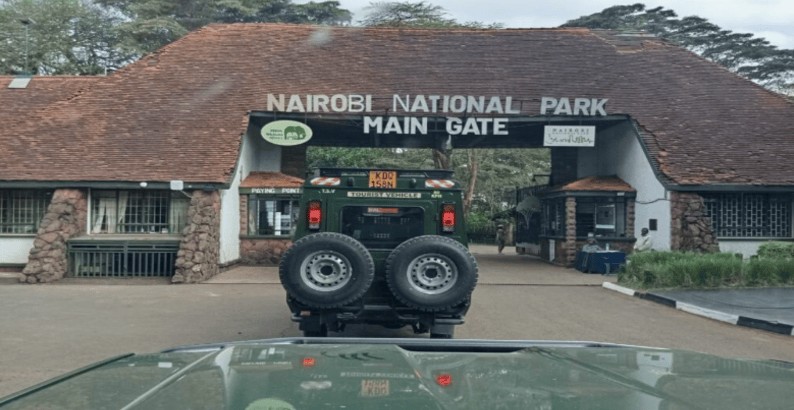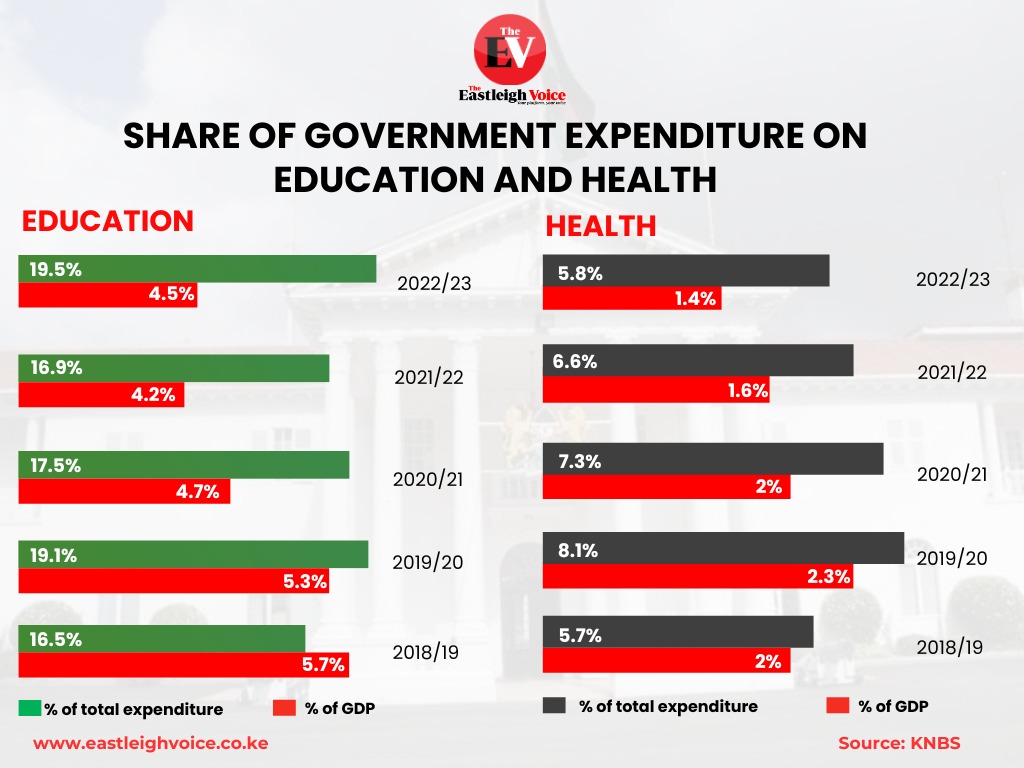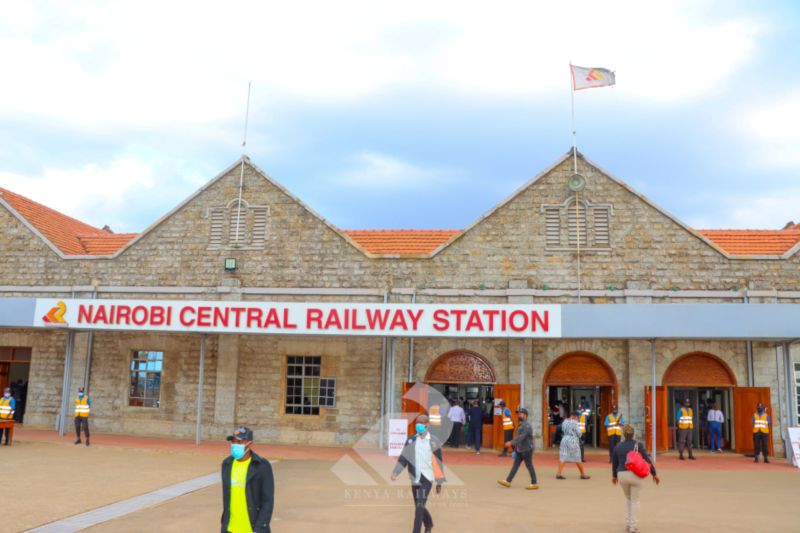Kenya pledges helicopters, surveillance units and training teams to boost UN peace efforts

Tuya further announced that Kenya would contribute critical military infrastructure—including helicopters and surveillance units—as part of its expanded support to UN peacekeeping missions.
Kenya has reaffirmed its commitment to United Nations (UN) peacekeeping efforts by enhancing its operational and training capabilities to better respond to modern security threats.
Defence Cabinet Secretary Soipan Tuya made the pledge on Tuesday at the 2025 UN Peacekeeping Ministerial Conference in Berlin, Germany, underscoring Kenya’s dedication to global peace and security.
“To reaffirm our strong commitment to UN peace operations, Kenya undertakes to elevate its existing pledges within the Peacekeeping Capability Readiness System (PCRS),” Tuya said during the plenary pledging session on the final day of the two-day conference.
More To Read
- António Guterres sounds alarm over worsening global refugee crisis
- South Sudan grounds UNMISS aircraft over spy gear and smuggling allegations
- Millions of hectares are still being cut down every year. How can we protect global forests?
- UN urges Ethiopia and Eritrea to respect border pact amid rising tensions
- Gaza faces humanitarian disaster with thousands trapped in flooded camps
- UN warns human rights face growing threats worldwide in 2025 as funding for activists falls
She further announced that Kenya would contribute critical military infrastructure—including helicopters and surveillance units—as part of its expanded support to UN peacekeeping missions.
“I am pleased to announce the following additional pledges: a heavy transport company; an armed helicopter unit; and Intelligence, Surveillance and Reconnaissance (ISR) units, including Uncrewed Aerial Systems (UAS),” said the Defence CS.
Kenya also pledged specialised training support, including a Mobile Training Team for the UN Mine Action Service, counter-IED and weapons management training, and continued contributions to global Explosive Ordnance Disposal (EOD) capacity-building through the Triangular Partnership Programme.
Tuya renewed Kenya’s call for a comprehensive review of UN peace operations to enhance their effectiveness, responsiveness, and efficiency in the face of evolving global security threats.
“Over time, the peacekeeping environment has continued to evolve, posing new challenges to peacekeepers. Direct attacks on peacekeepers and emerging threats such as terrorism, criminal gangs, transnational organised crime, and hybrid threats continue to test traditional peacekeeping approaches,” she said.
“Consequently, a comprehensive review of UN peace operations to address these new challenges is urgently needed.”
Tuya also expressed appreciation to the German government for establishing a Counter-IED Complex at the International Peace Support Training Centre (IPSTC) in Nairobi.
She further acknowledged the European Union for its ongoing assistance in strengthening Kenya’s peacekeeping capacity.
“We acknowledge the European Union for its substantial in-kind support towards capability enhancement,” she said.
According to UN Peacekeeping, other African nations that made similar pledges include Algeria, Zambia, and Chad.
“Algeria pledged to deliver programmes to enhance the capabilities and safety of UN peacekeeping personnel in the fields of anti-personnel demining, forensic investigation, secure use of telecommunications systems, and military medicine,” the body stated on X.
“Zambia pledged a military police company, two platoons of Mixed Engagement Teams, and one air ambulance to improve the safety and security of UN peacekeepers.”
It added: “Chad pledged to strengthen uniformed capabilities in UN peacekeeping operations by providing a mechanised infantry battalion.”
Top Stories Today
